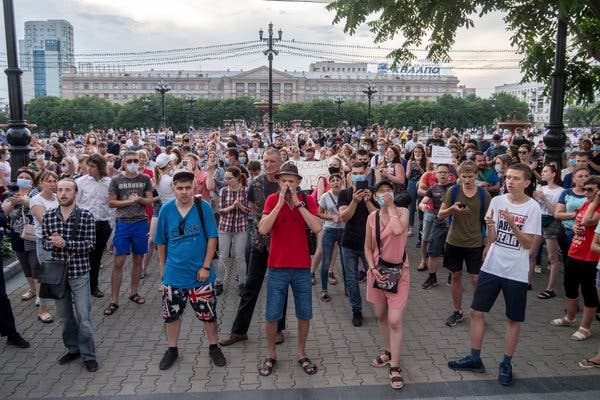Susan Holt has made history in New Brunswick by becoming the first woman to serve as the leader of the province’s Liberal Party, a significant milestone in the province’s political landscape. Holt’s leadership victory signals a new era of representation, gender equality, and change in the region, which has long been dominated by male politicians.
Holt’s journey to the top has been one of perseverance and dedication. Before entering politics, she built a distinguished career in the private sector, where she held numerous leadership positions. Her experience in business development and public policy has equipped her with the skills needed to navigate the complex world of politics.
In a province where women have historically been underrepresented in politics, Holt’s election represents a watershed moment. Women’s involvement in leadership roles has been steadily increasing nationwide, but New Brunswick, like many parts of Canada, has seen slower progress in achieving gender parity. Holt’s rise to the top of the Liberal Party not only shatters a glass ceiling but also serves as an inspiration for future generations of women aiming for political leadership.
As the leader of the New Brunswick Liberal Party, Holt has laid out a vision of inclusivity and progress. Her policies focus on economic development, healthcare reform, environmental sustainability, and addressing social issues that have plagued the province. She has also emphasized the importance of transparent governance and creating opportunities for underrepresented communities, making her platform both modern and forward-thinking.
Holt’s leadership arrives at a time when many voters are calling for change, especially in the face of challenges like economic uncertainty and the need for healthcare improvements. She aims to bring fresh ideas to tackle these issues while ensuring that all citizens, regardless of their background, have a voice in government decisions.
Susan Holt joins the ranks of other trailblazing women across Canada who have led provincial parties and governments. Women like former Alberta Premier Rachel Notley and Ontario’s Kathleen Wynne have paved the way, and now Holt is contributing to this growing legacy of female political leadership in Canada.
Her achievement highlights not only the growing number of women entering politics but also the demand for leaders who can bring diverse perspectives to the table. In a field often dominated by entrenched traditions, Holt’s election is a step toward a more inclusive and representative political landscape in New Brunswick.
Holt’s leadership signals a broader shift in Canadian politics, where more women and diverse voices are gaining prominence. For young women across the country, her rise serves as a powerful reminder that leadership roles are within reach, even in traditionally male-dominated spheres.
With her election, Susan Holt has proven that perseverance, skill, and a vision for change can break even the toughest barriers. Her leadership will not only reshape New Brunswick’s political future but also inspire others across Canada to pursue leadership positions and continue to challenge the status quo.
